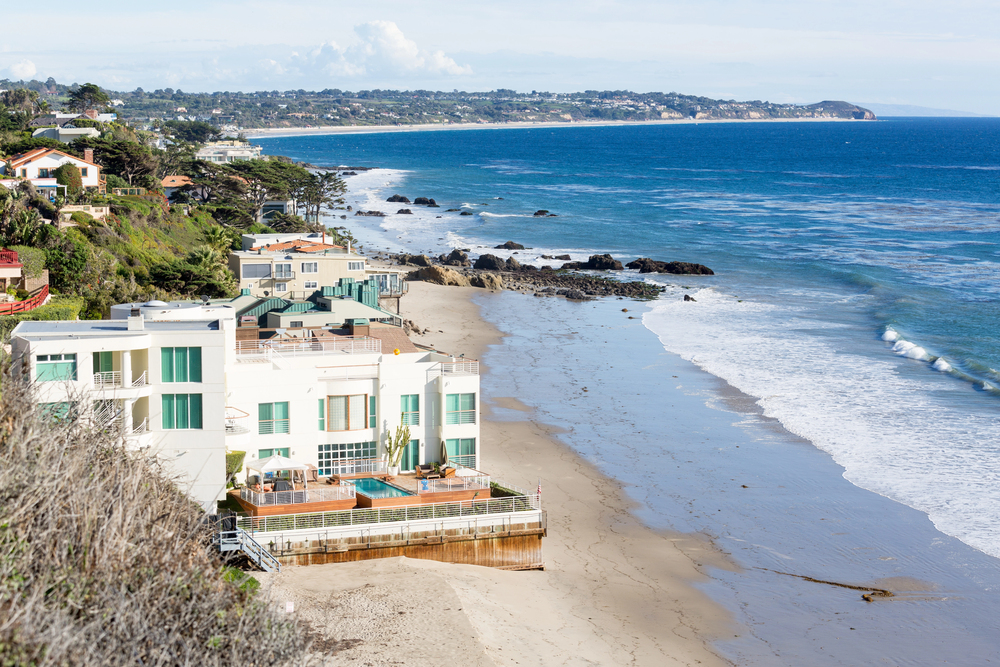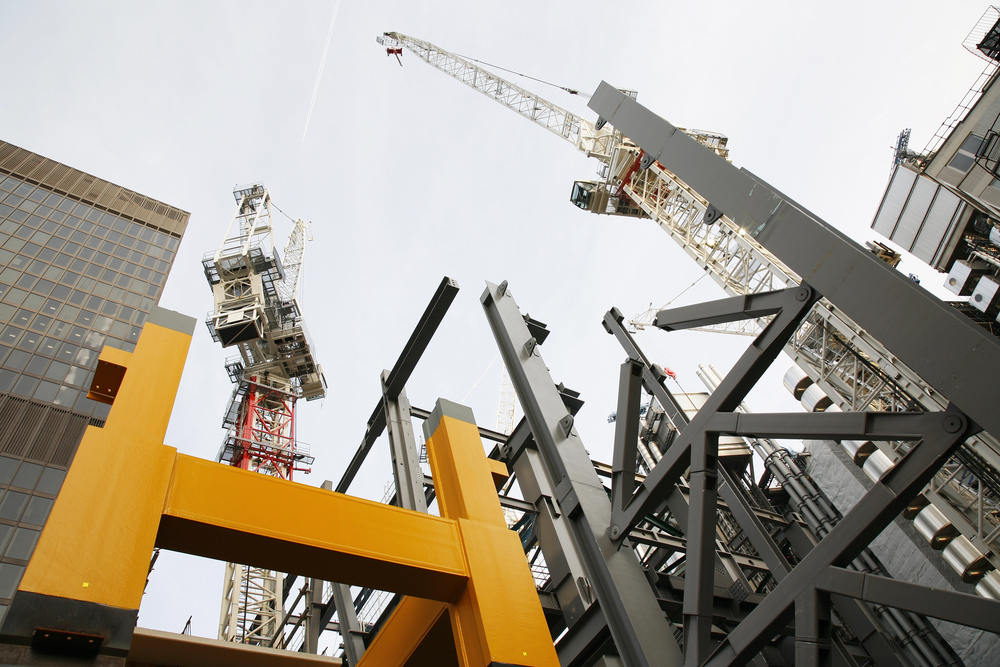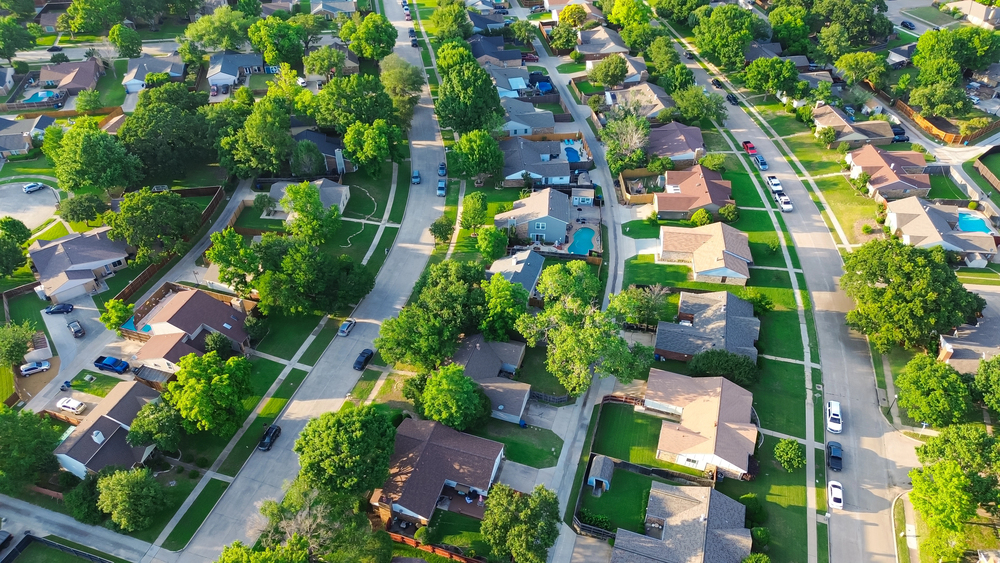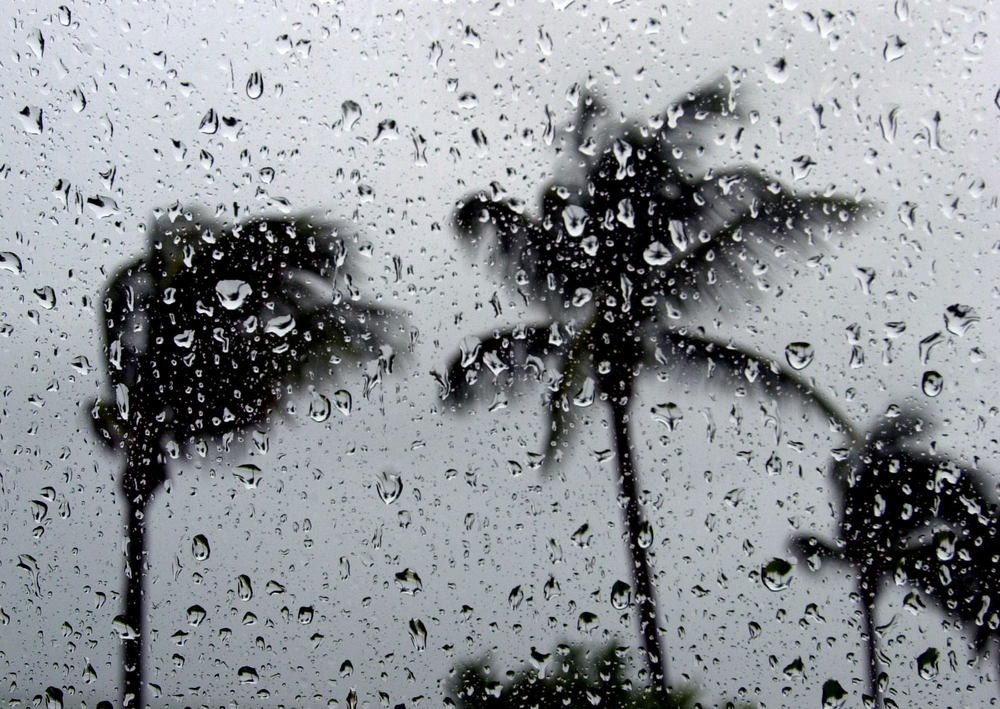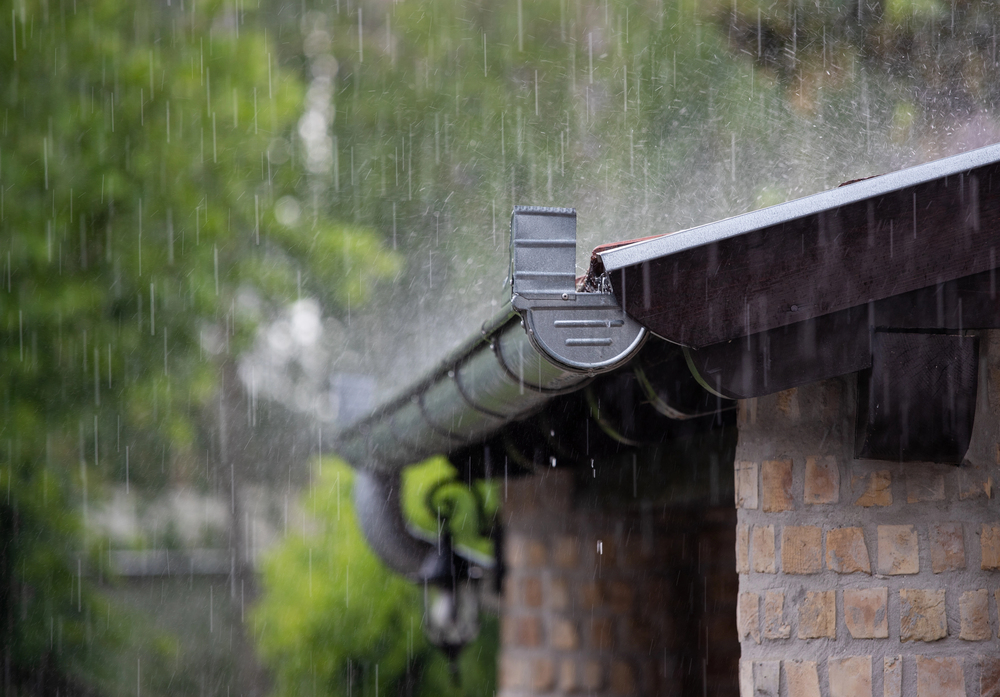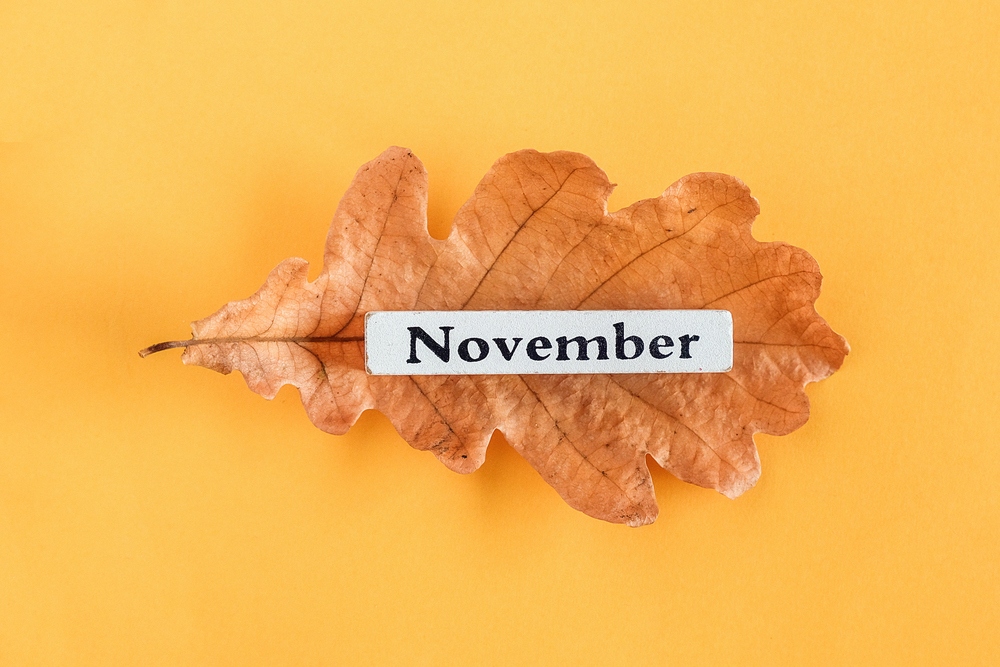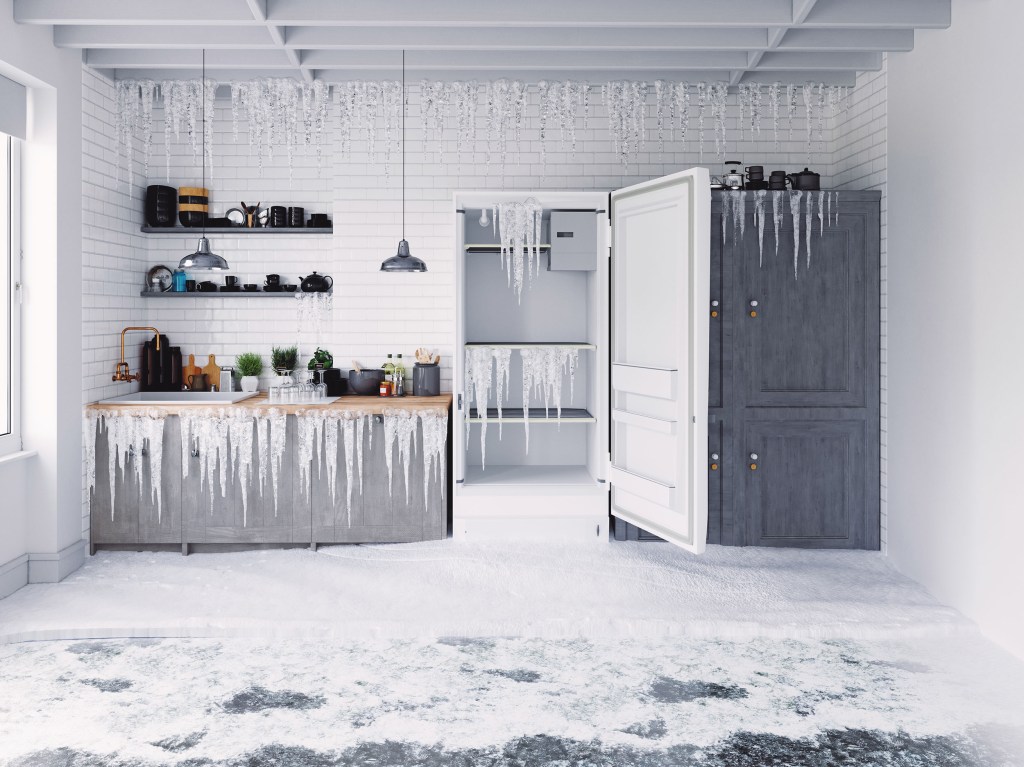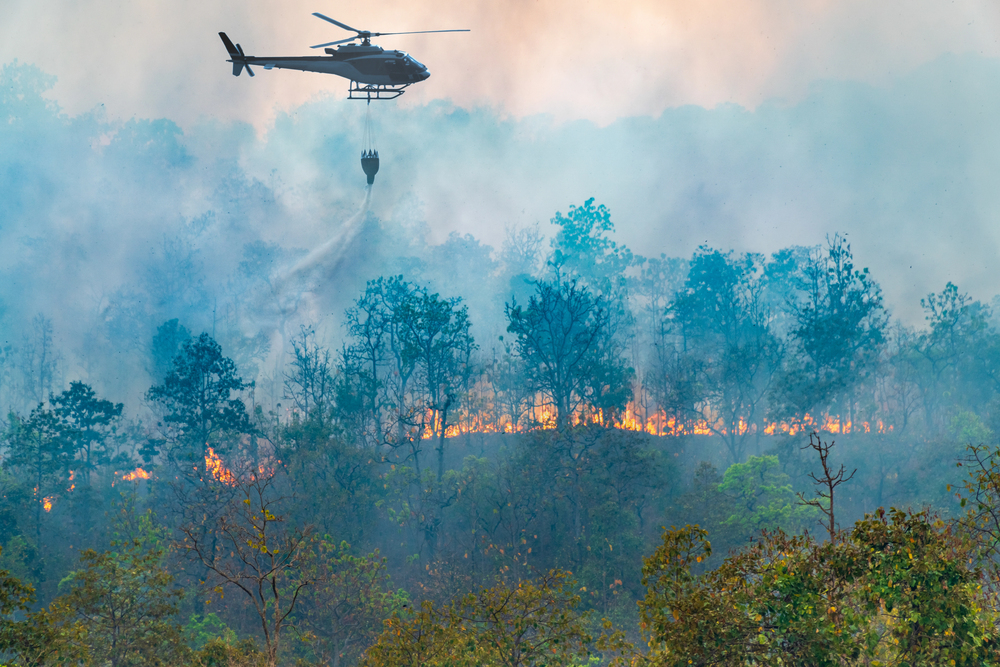Counseling Homeowners on Repairs During COVID-19
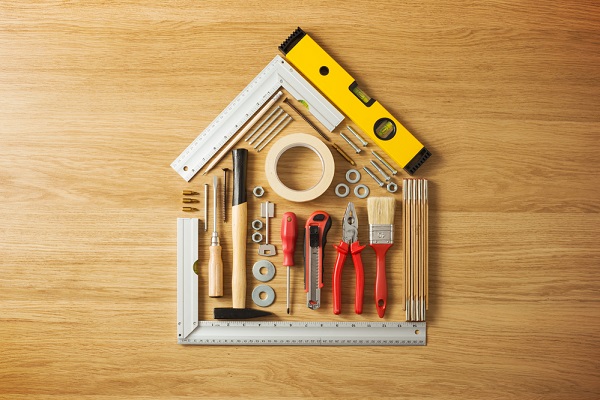
By: Jennifer Naughton
One lesson learned from the global coronavirus pandemic is the realization that our homes are a place of refuge. And now more than ever, keeping homes safe and maintained is critical to our security and comfort.
While challenges remain in finding home repair services, what hasn’t changed is the need to take care of one’s home, and many homeowners are turning to do it yourself solutions.
As an agent, you can counsel homeowners on household protection and care during COVID-19. Pandemic or not, risk management is your business, and you can help clients approach those essential DIY projects to make their homes safer and more secure.
1) Prioritize projects affecting safety. Where should homeowners start? The priority should be to focus on safety issues around the home.
The installation and proper functioning, placement and adequacy of smoke and fire or heat detectors in all areas of the home, even in sometimes overlooked areas like garages, crawlspaces and attics should be a priority.
Next, homeowners should concentrate on the exterior areas around their home and be on the lookout for any exposure to water. This type of DIY maintenance includes cleaning gutters and making sure there is proper drainage of downspouts away from the home while also ensuring the grading around the home is pitched appropriately, allowing the surface water to drain away.
In addition, check the roof to see if any shingles are missing, worn or broken that may allow water to penetrate and deteriorate the roof structure. Also, homeowners should check their roof for missing or damaged flashing, which should be located at the intersection of all roof and wall lines, as well as along chimneys and roof valleys. Flashing may separate from adjacent surfaces and allow water to leak inside. For this job, homeowners may want to contact a licensed roofer for further evaluation and repairs.
Internal water damage continues to be a common and costly exposure for homeowners. Plumbing issues can force homeowners from their home—and during the coronavirus pandemic, homeowners rely on their home more than ever. They should make sure leaks are addressed and inspect those plumbing connections. For example, most appliances come with metal-braided hoses, but if homeowners still have rubber hoses, now it is a good time to replace them.
In addition, homeowners should inspect condensation drain lines in their air conditioning unit and make sure they are clear and draining properly. A condensation drain line full of dust and dirt is a common cause of water leaking from your air conditioning unit into your home.
Moreover, many homeowners don’t realize that AC units remove a significant amount of humidity from the air, pulling out anywhere between five to 20 gallons of water per day, depending on humidity. A problem with your condensation line, which is often forgotten and go unnoticed because they are not in your everyday line of sight, has the potential to cause significant water damage to your home.
2) Use proper safety techniques when calling in an expert. With COVID-19 concerns still high, homeowners are understandably hesitant to allow contractors into their homes. However, delaying emergency interior repairs and critical home maintenance can lead to significant problems down the road. And some issues simply can’t be solved by DIY.
If a homeowner needs to allow a contractor into the home, there are some reasonable questions they should ask a contractor, subcontractor or vendor before they arrive:
- Do they have any symptoms of COVID-19?
- Have they been around anyone who has COVID-19?
- What precautions is their company taking to protect employees and clients, such as providing time off for illness or requiring staff to practice social distancing?
- Will they come to your home with respiratory masks and shoe booties?
On the day of the contractor’s arrival, it’s important to practice social distancing and maintain a distance of at least six feet from the person. In addition, homeowners and their family members should also wear a mask. Once they have completed the job, thoroughly disinfect the space in which they worked and traveled within the home.
Regardless of COVID-19, homeowners should always request a certificate of insurance from their contractors.
3) Remember that wildfires and hurricanes are still a risk. As we enter wildfire and hurricane season in numerous areas around the country, it’s vital for homeowners living in these regions to secure their homes against these natural catastrophes.
In wildfire areas, homeowners should conduct or outsource a brush inspection. They should also consider installing fire-resistant vents, which is a simple yet highly effective DIY project to protect the home from embers entering your attic, eaves and crawlspaces.
For hurricane-prone areas, now is the time to replace or repair storm shutters and consider installing garage door bracing systems, if not already in place. Additionally, homeowners should inspect their trees and landscaping around the home and remove or prune dead or dying trees and branches.
Jennifer Naughton is risk officer for Chubb personal risk services in North America.



